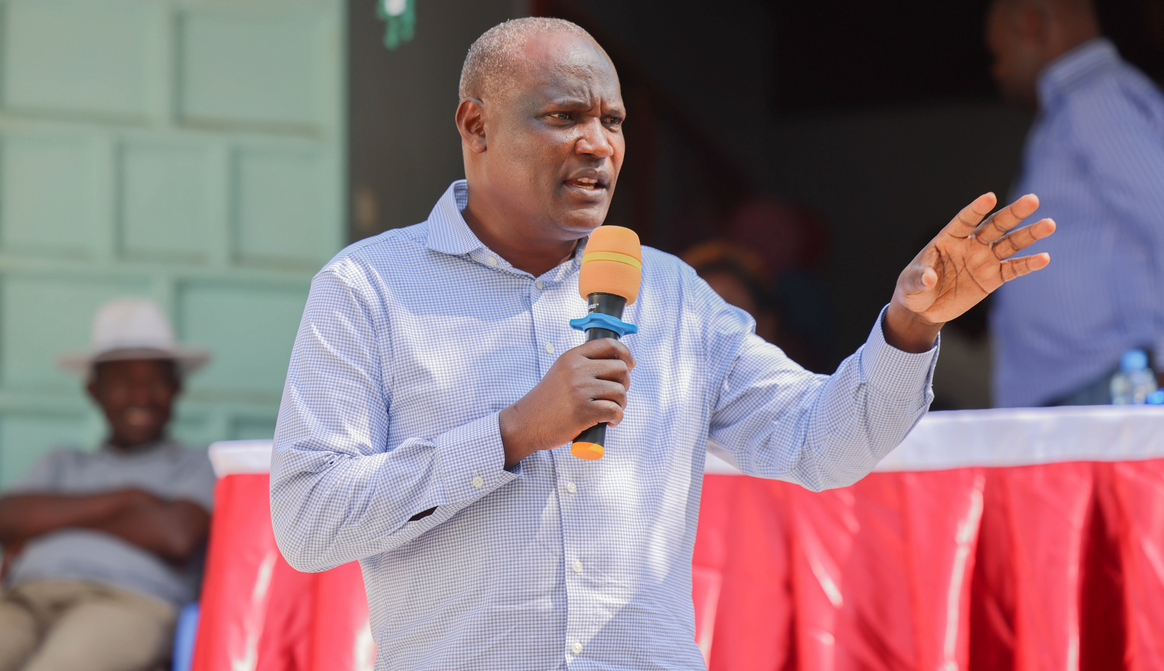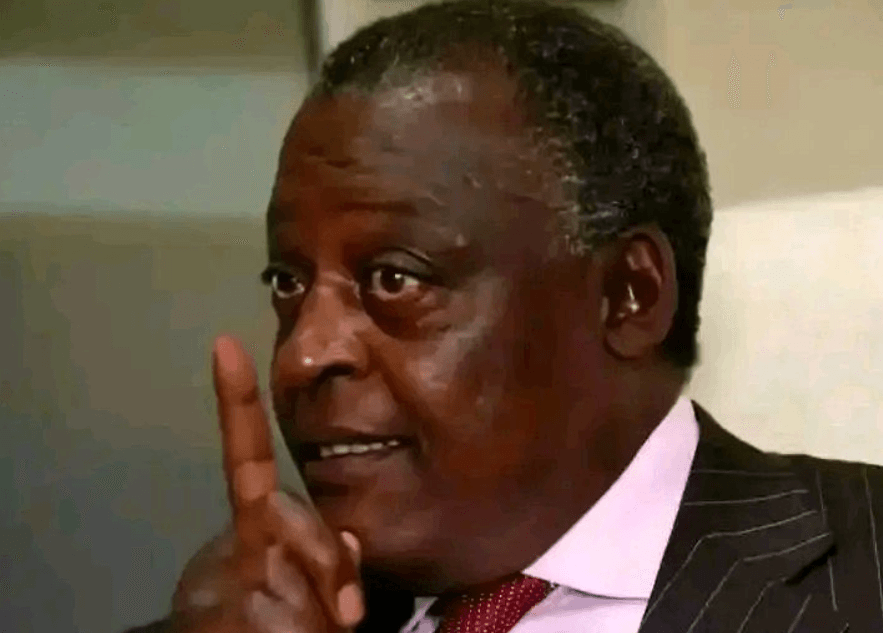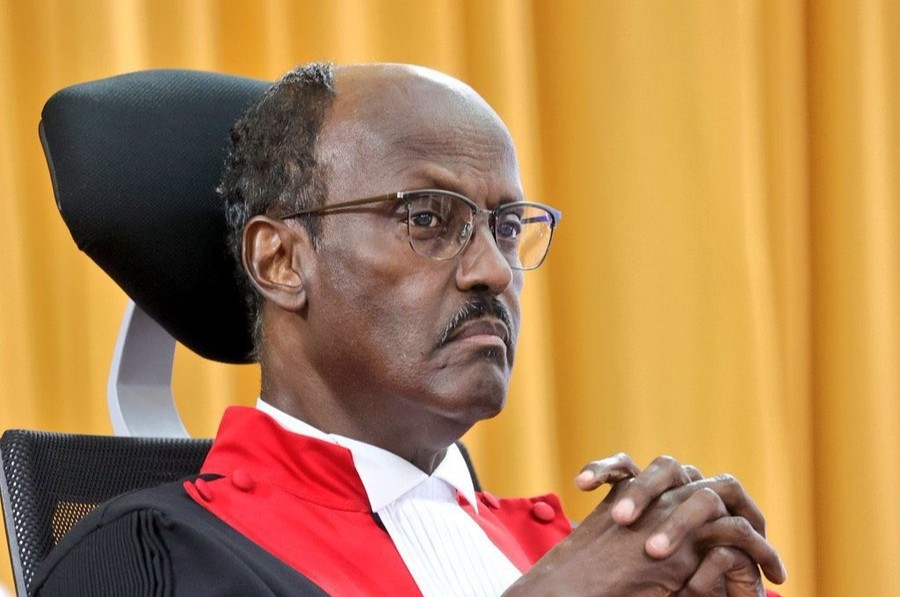

National Treasury Cabinet Secretary John Mbadi has blamed Parliament for the persistent shortfall in school capitation funds.
He said lawmakers are responsible for approving budgetary allocations that fall short of the amounts needed to support learners in public schools fully.
Speaking on Friday during a Thanksgiving ceremony in Suba South, Mbadi dismissed claims
that the government has failed to disburse capitation funds, stating instead
that Parliament has repeatedly approved budgets that cannot meet the full cost
of educating children in public secondary schools.
“We disbursed the whole amount allocated in the budget, but still, it is not enough,” he said.
“So the only thing I did yesterday was to confirm that yes, we have allocated so much budget and we are giving it in full. But it is not enough to give every child in Kenya Sh22,000.”
Mbadi explained that the government policy stipulates that each student in a day secondary school should be allocated Sh22,000 annually, junior secondary school students Sh15,000, and those in primary schools Sh1,400.
However, he revealed that the Treasury has never been able to meet the target of Sh22,000 per learner in full.
“If you divide the current budget by the number of students in secondary schools, you will only get about Sh17,000 per student. That has been the reality even during President Uhuru Kenyatta’s tenure,” he noted.
He took issue with the MP for questioning why the Treasury had not disbursed the full Sh22,000, yet they were the same lawmakers who approved the budget cuts.
“In fact, the latest budget, the capitation we had proposed, Parliament reduced it further. So once a budget has been allocated, where do I get the money to pay the full Sh22,000?” he posed.
“Whatever is there will be paid in full. First term and second term have been paid in full. We are waiting to pay third term, but that money is not enough.”
Mbadi further dispelled what he termed as misinformation surrounding the history of free secondary education in Kenya.
He clarified that it was former President Mwai Kibaki who introduced free primary education, but not free secondary schooling.
“People say Kibaki was able to have our children learn for free. It’s not true. He made sure our children went to school for free in primary school. For secondary school, it is President Uhuru Kenyatta who started this initiative,” he said.
According to the CS, Uhuru first rolled out subsidised secondary education and later announced that secondary schooling should be free. However, even under his administration, full capitation of Sh22,000 per student was not achieved.
He pointed out that school heads and principals have often complained about delayed or incomplete disbursements, but insisted that this was due to a mismatch between the actual cost and the available funds, not negligence on the part of the Treasury.
“That is why you hear principals saying they have not received the full capitation,” Mbadi said. “But the government has always disbursed what is allocated in the budget.”
To bridge the shortfall, Mbadi suggested that part of the bursary funds from the National Government Constituency Development Fund (NG-CDF) could be reallocated to support full capitation.
He proposed that the legally mandated 40 percent of NG-CDF earmarked for bursaries, amounting to about Sh21 billion, be pooled and distributed equally across all students.
“If we are truly serious and want full capitation, we could agree that out of the KSh58 billion NG-CDF, the 40 percent for bursaries can be used to top up capitation,” he said.
“Then no student would need to go to their MP for a bursary because the government shall have paid full fees.”
He also called for a unified approach in managing bursary schemes from different sources—including NG-CDF, GAAF, and county governments—proposing that they be consolidated and used to fund all learners equally.
“We mop it up and put it in one basket to give every child in Kenya equal support. If you have a better suggestion, bring it. That is mine as the Treasury and Economic Planning Secretary,” he said.
Mbadi acknowledged the government’s revenue constraints and said discussions were ongoing on how to address the funding gap.
In the meantime, he urged Parliament and other stakeholders to work with the Treasury to find practical solutions rather than playing blame games.
“We are looking at revenue collection, and our priority is to make sure that we take the allocation to where it should be,” Mbadi said.
“But pretending that we are currently financing every student at Sh22,000 is misleading. We have a shortfall, and that is a fact.”















